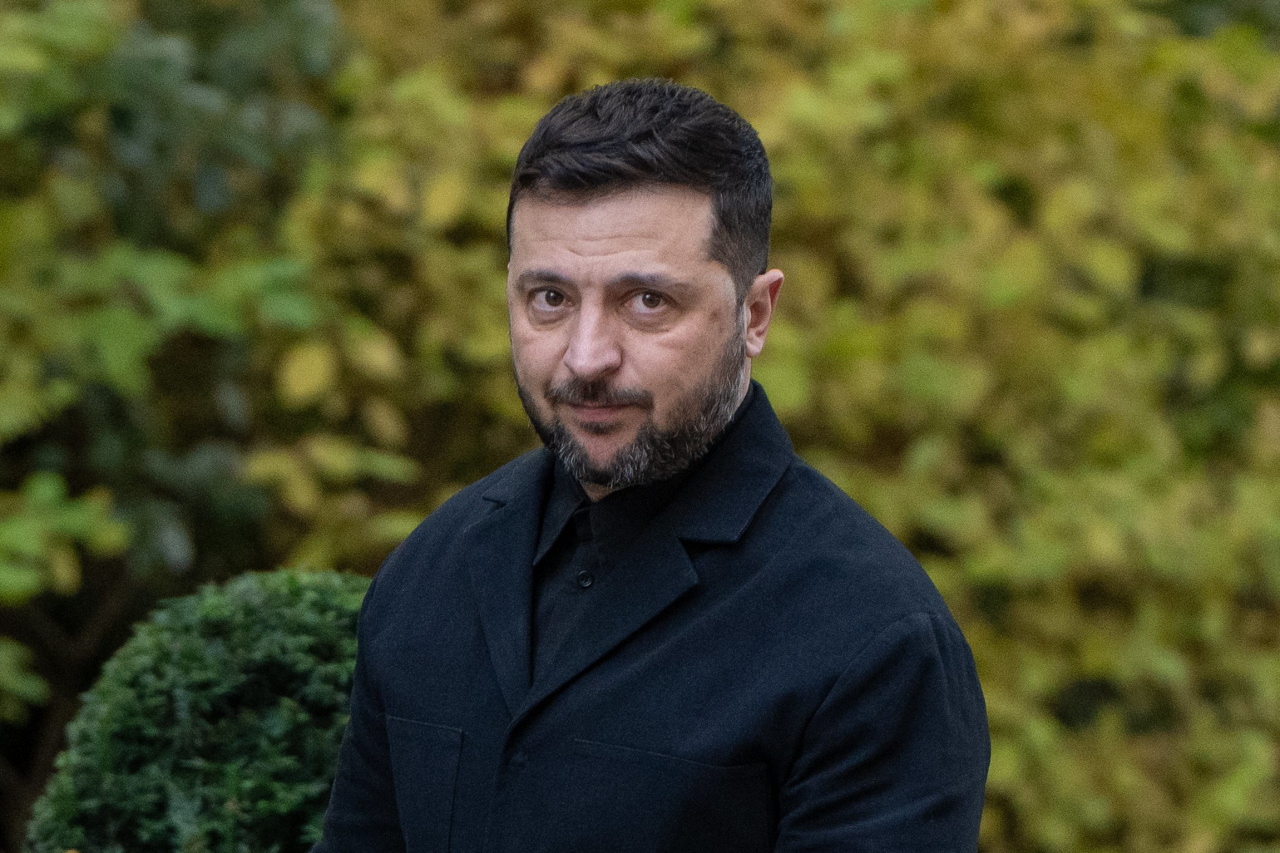Recent polling indicates a notable shift in sentiment among American voters, particularly those who previously supported former President Donald Trump. As the war in Ukraine continues, support for Ukrainian President Volodymyr Zelensky is witnessing a resurgence within the Republican Party. This change could have significant implications for U.S. foreign policy and funding related to Ukraine.
Data from a March 2024 survey conducted by a reputable polling organization shows that nearly 65% of self-identified Republicans now view the conflict in Ukraine as a critical issue. This marks a significant increase from previous months, where support hovered around 50%. The polling highlights a growing recognition of Ukraine’s struggle against Russian aggression among the party’s base.
Shifting Perspectives on Foreign Aid
The shift in Republican attitudes is crucial as Congress prepares to discuss further military assistance to Ukraine. Historically, support for foreign aid has been a contentious topic within the party, with some factions advocating for reduced overseas spending. However, with this new polling data, Republican leaders may find it easier to rally support for continued assistance.
Mike Turner, a senior member of the House Armed Services Committee, stated, “It is vital for the United States to stand behind our allies. The polling reflects a commitment to supporting freedom and democracy abroad.” His comments underscore a potential alignment between voter sentiment and legislative action.
Several factors contribute to this renewed interest in Ukraine. Prominent among them is the ongoing humanitarian crisis, which has seen millions displaced and countless lives affected by the conflict. Voters are increasingly aware of the implications of a Russian victory, not just for Ukraine, but for global stability.
Impact on U.S. Politics and Policy
As the presidential election approaches, candidates are likely to take note of these shifting dynamics. Support for Ukraine could become a pivotal issue in the upcoming campaign. Candidates who advocate for strong support of Ukraine may resonate well with both traditional party members and independent voters who prioritize national security.
A spokesperson for the National Security Council emphasized that bipartisan support for Ukraine remains essential. “Our commitment to Ukraine is not just a matter of foreign policy; it’s about what we stand for as a nation,” the spokesperson remarked.
This growing consensus among voters could lead to a more unified approach to U.S. involvement in Ukraine. Should this momentum continue, it may pave the way for increased funding and support measures in Congress, further solidifying Ukraine’s position in American foreign policy.
In conclusion, the polling data suggests a significant shift in Republican voter sentiment towards Ukraine, highlighting the importance of international support in the face of aggression. As the political landscape evolves, this change may have lasting implications for U.S. foreign policy and the ongoing struggle for Ukrainian sovereignty.







